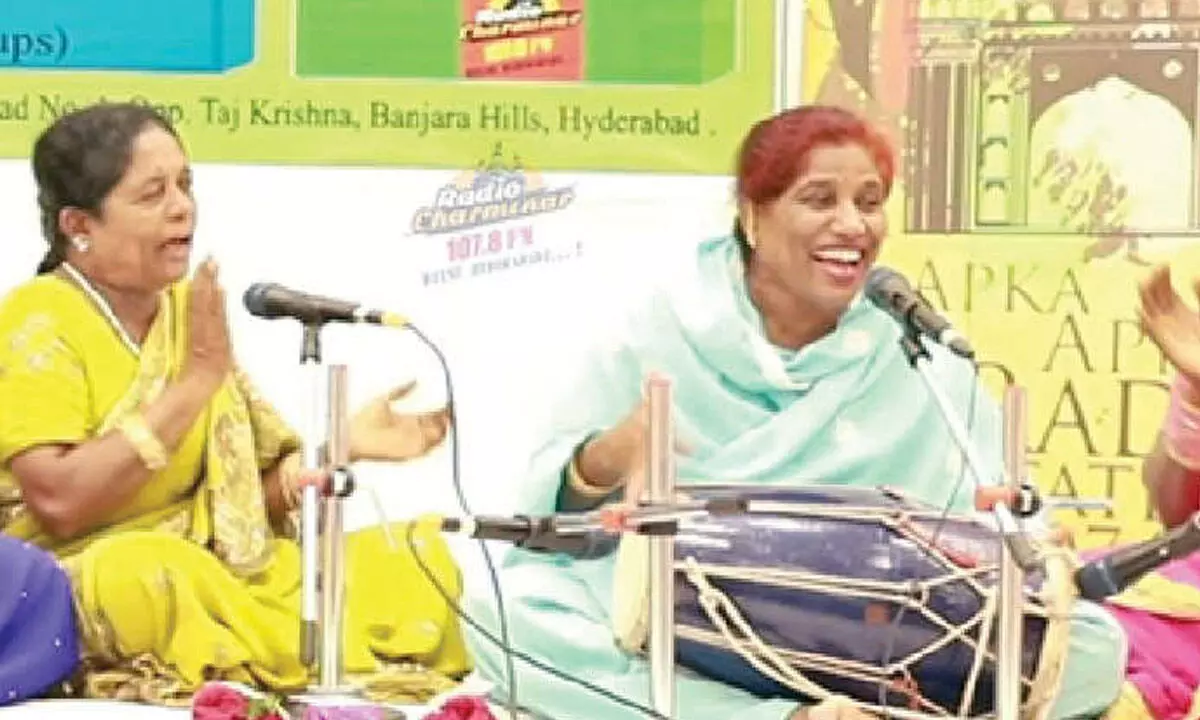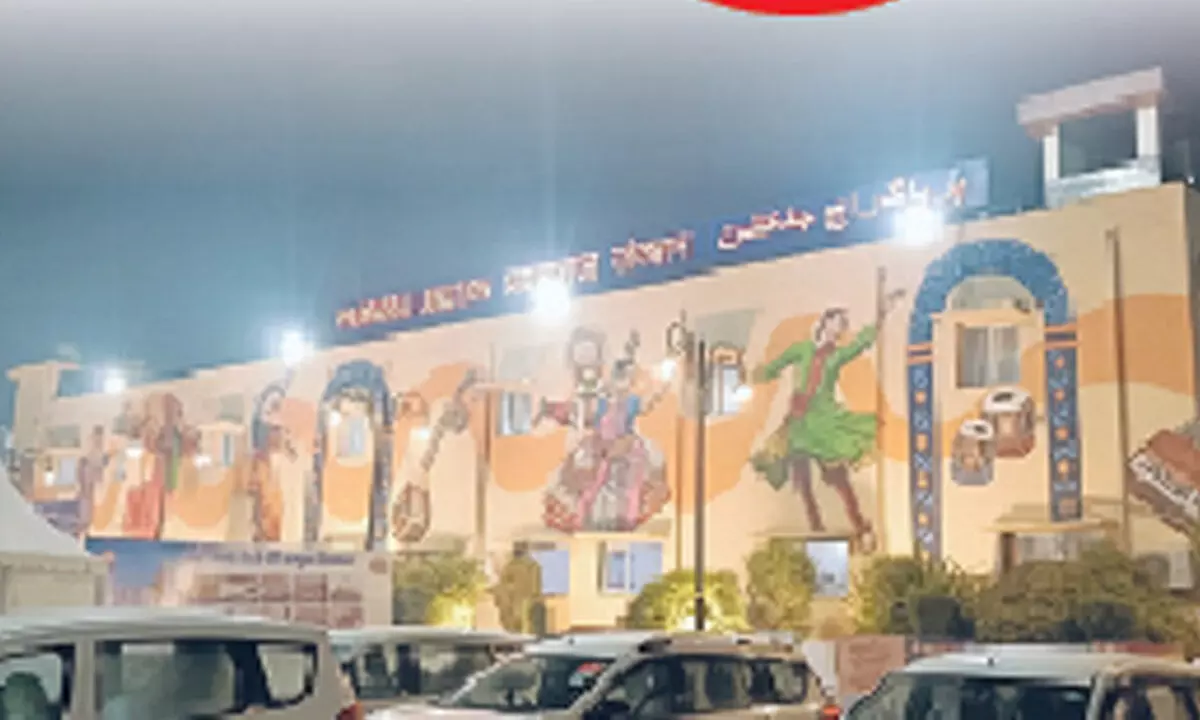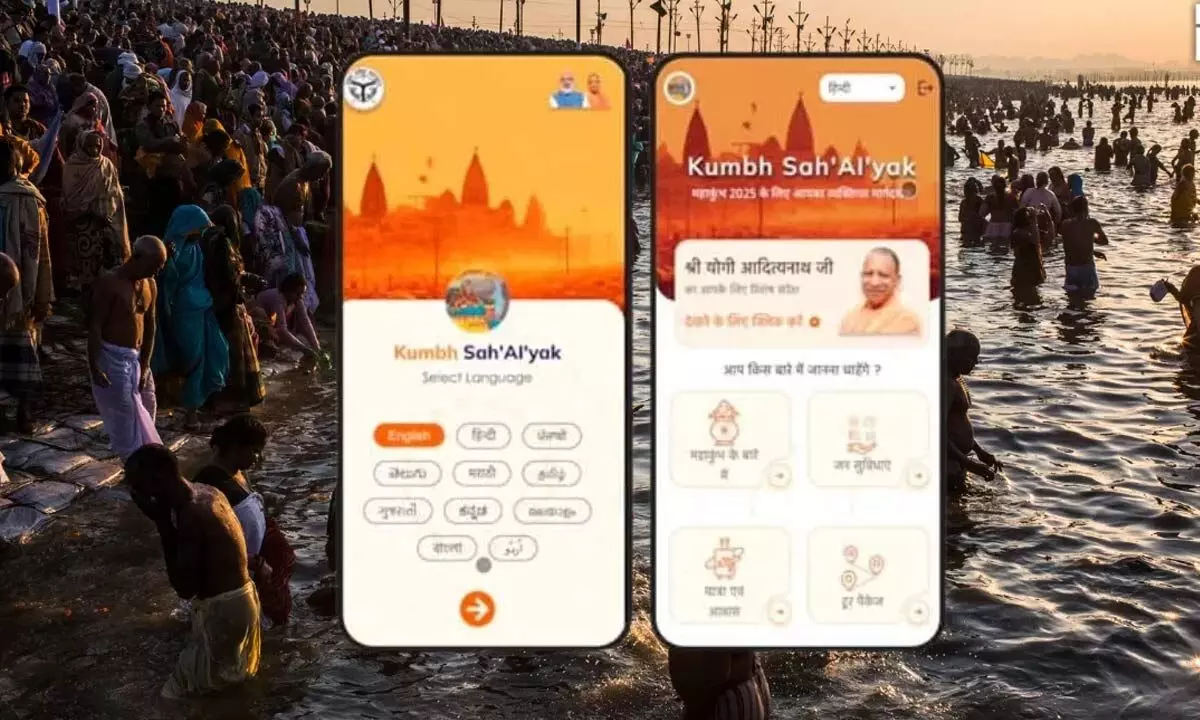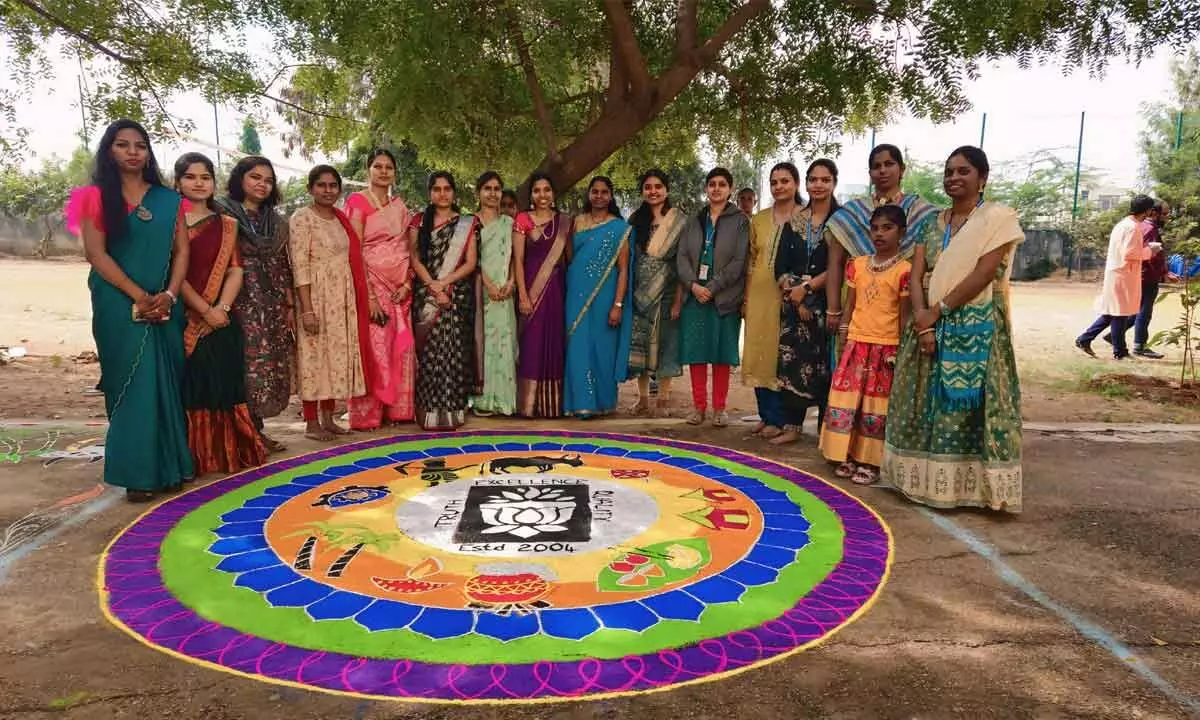Traditional Folk Songs of Hyderabad Make a Comeback at Weddings
In Hyderabad, the vibrant sounds of DJs and modern music have long dominated weddings. However, a traditional genre called Dholak ke Geet—a style of folk music accompanied by the dholak drum—is making a remarkable comeback. These songs, deeply rooted in the culture of the Deccan region, are now being embraced at wedding ceremonies, thanks to the efforts of a 45-year-old woman determined to revive this fading tradition.
The younger generation, who are typically drawn to loud and energetic music, are now rediscovering the charm of Dholak ke Geet. Songs like Banne tere jebon ko heere lage, Gore gore haathon me mehndi lagai, and Mubarak ho are once again being sung at weddings alongside the lively band-baaja-baraat. These melodies capture the essence of Hyderabadi culture, bringing a nostalgic yet refreshing touch to modern celebrations.
A key figure in this revival is Sameena Begum, a scholar from the Maulana Azad National Urdu University (MANUU). Sameena has compiled 160 traditional dholak songs and formed a group of women, mostly in their fifties, to perform these melodies at weddings and cultural events. Her work has been documented in a book titled Dholak ke Geeton ki Rivayat.
The revival gained momentum when Radio Charminar played live performances of the women singing these songs, which were later shared on social media. This sparked interest not only in Hyderabad but also in countries like Bangladesh, Pakistan, the United States, and the Middle East. “These songs have been performed even at international weddings, and we were invited to Doha, Qatar, for a cultural program,” Sameena shared.
Sameena’s journey began in 2009 when she started researching Dholak ke Geet for her thesis, which she completed in 2015. During her research, she discovered the rich history of these folk songs, which are sung in the Deccani Urdu dialect and are a staple in traditional weddings. Songs are performed during various ceremonies such as Mangani, Mehndi, Rukhsati, and Valima, with lyrics often reflecting local traditions and daily life.
Historically, Dholak ke Geet were an integral part of village weddings, where women of all ages would sing these songs through the night. The tradition dates back centuries, with earlier versions called Chakki Naama or Chakki ke Geet, sung while grinding grains on a mill. In the 18th century, Sufi saints encouraged women to sing these songs to avoid idle gossip, transforming them into ritual melodies performed during engagements, childbirth, and festivals.
In addition to weddings, these songs were also performed during pregnancy-related ceremonies like Gode Bharai (baby shower) and after childbirth. Female family members often joined the singers, contributing to the joyous atmosphere. Popular songs such as Samdhan teri sheiki pe matthi padho and Hari mirchi hai maa meri nanandh remain fondly remembered by many.
The women who sing these songs are traditionally called Mirasaniya. Sameena recalls how Dholak ke Geet were even featured in the 1980s Bollywood movie Bazaar, starring Naseeruddin Shah. However, over the years, these songs were replaced by Bollywood numbers at ceremonies. “Although filmy songs are popular, Dholak ke Geet have a unique charm. They are deeply connected to our local traditions and everyday life,” Sameena explained.
Today, the revival of Dholak ke Geet symbolizes a renewed appreciation for Hyderabad’s rich cultural heritage. As more people embrace these traditional melodies, they ensure that this timeless art form continues to thrive for generations to come.














